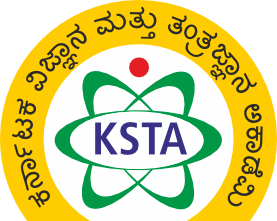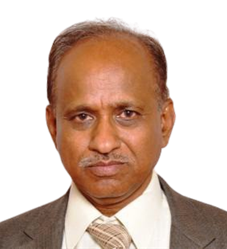Quantum internet – Could make hacking a thing of the past
2 min read
In the era of online and work from home (WFH), there is a serious concern over the data security and protection of sensitive information. Every day new methods or algorithms are being employed to make it difficult to intercept and hack personal data and messages. But making it impossible is not been possible.
Prof. Siddarth Koduru Joshi from QET Labs, H H Wills Physical Laboratory and Department of Electrical and Electronic Engineering, University of Bristol and team have shown that quantum internet, a new type of internet and in this version of the global network, data is secure, connections are private and your worries about information being intercepted are a thing of the past. They have demonstrated simultaneous and secure connections between 28 pairings of eight users and this novel network topology is easily scalable to many users, allows traffic management features, and minimizes the infrastructure needed.
Presently online data is being encrypted by using mathematical problems that are easy to solve and unlock the encryption. In quantum communication, keys are created using photons and it is impossible to make an exact copy as per the principles of quantum physics. Any attempt to copy these keys will cause errors that can be detected and hackers with high end computers also cannot replicate a quantum key or read the message in encrypts.
Though this concept presently is being operational in satellite communication and fiber-optic cables, the difficulty of scaling the standard two-user QKD protocols to many users has prevented the large-scale adoption of quantum communication.
The research team have shown that a widespread connectivity, much like the current internet, with security based on the laws of physics rather than computational complexity, is possible through a fully connected quantum communication network on a city-wide scale without active switching or trusted nodes.
Reference: Siddarth Koduru Joshi et al. A trusted node-free eight user metropolitan quantum communication network, Science Advances, Vol 6; No. 3, eaba0959; 02 Sep. 2020






